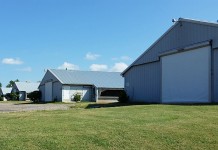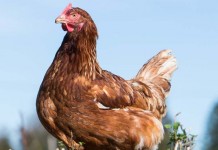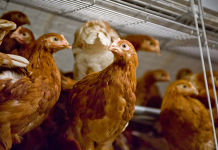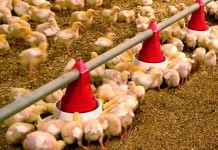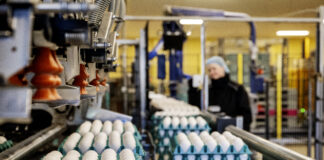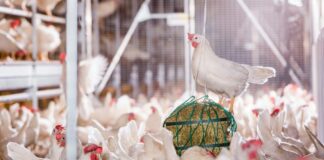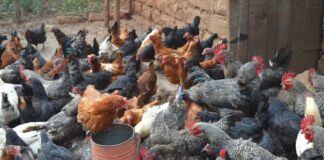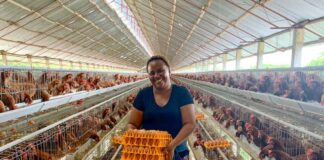Raising broilers antibiotic-free
Best management practices are a key component in raising chicken without antibiotic with more attention to details of production and biosecurity.
Outdoor broilers behavioural time budgets
The demand for free-range chicken meat is increasing. Free-range products are usually perceived as more welfare friendly by consumers and particularly fulfil the belief that the ability to perform natural behaviour leads to better welfare.
Fear in turkeys, implications for productivity and wellbeing
From an evolutionary standpoint, fear is an adaptive response that promotes survival by enabling animals to avoid injury and death. Because of the important impact that fear has on animal well-being, fear has formed the basis of many scientific studies and is included as part of welfare assessment programs such as the Welfare Quality Assessment Protocol for poultry.
Turkey breeder health, new welfare challenges and demands
The health of turkey breeders is critical to ensure the economic production of high quality fertile hatching eggs to produce poults which can be raised without antibiotics.
Poultry litter quality: investigating the interrelationship between litter moisture content, pH, water activity and...
Wet litter is a recognized issue in commercial poultry production and litter quality has come under great scrutiny with the introduction of farming scheme...
Effects of early enrichment on range use in free-range laying hens
Free-range laying hen production systems are perceived to be preferable for hens’ ethological needs. However, not all hens use the range daily with some...
Quick molt diets and programs
Induced molting is a process conducted by many commercial egg producers to extend the productive life of the laying hen. The main objective of...
Automated assessment of health and welfare in commercial broiler chicken flocks using optical flow
Assessing the health and welfare of growing broiler chickens is mainly done post mortem, using measures taken at the slaughter plant (% birds with...






